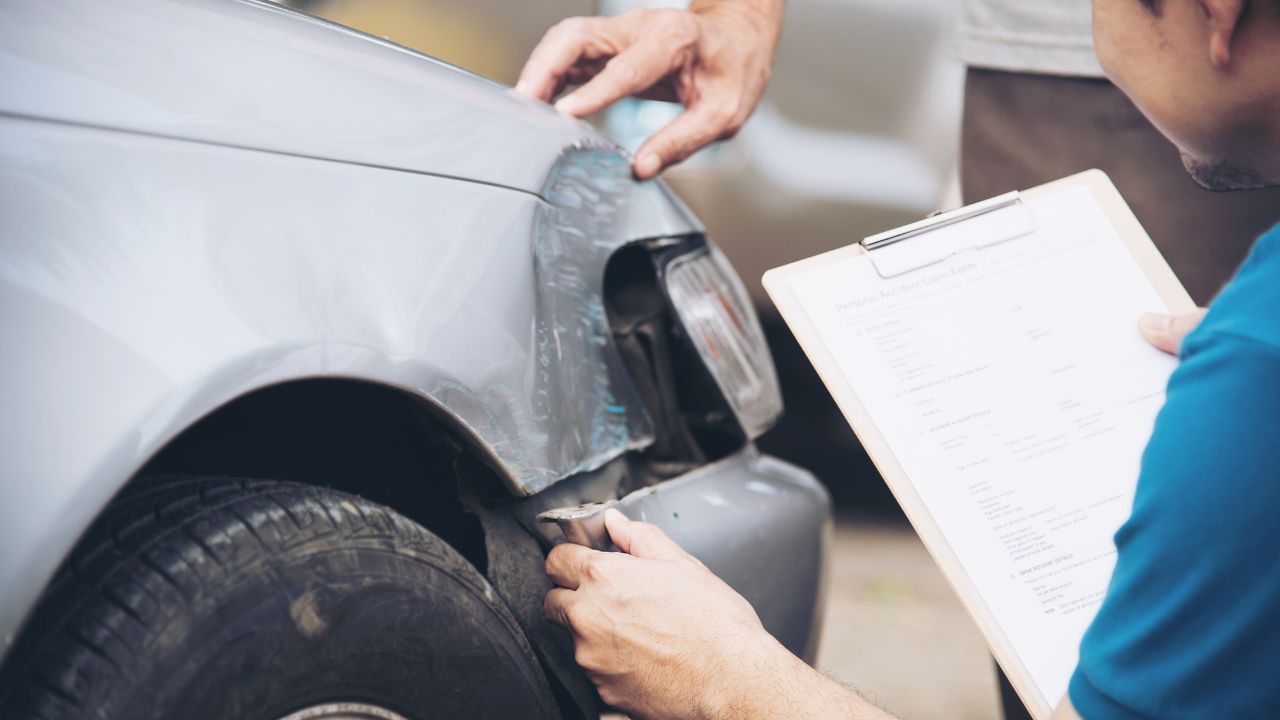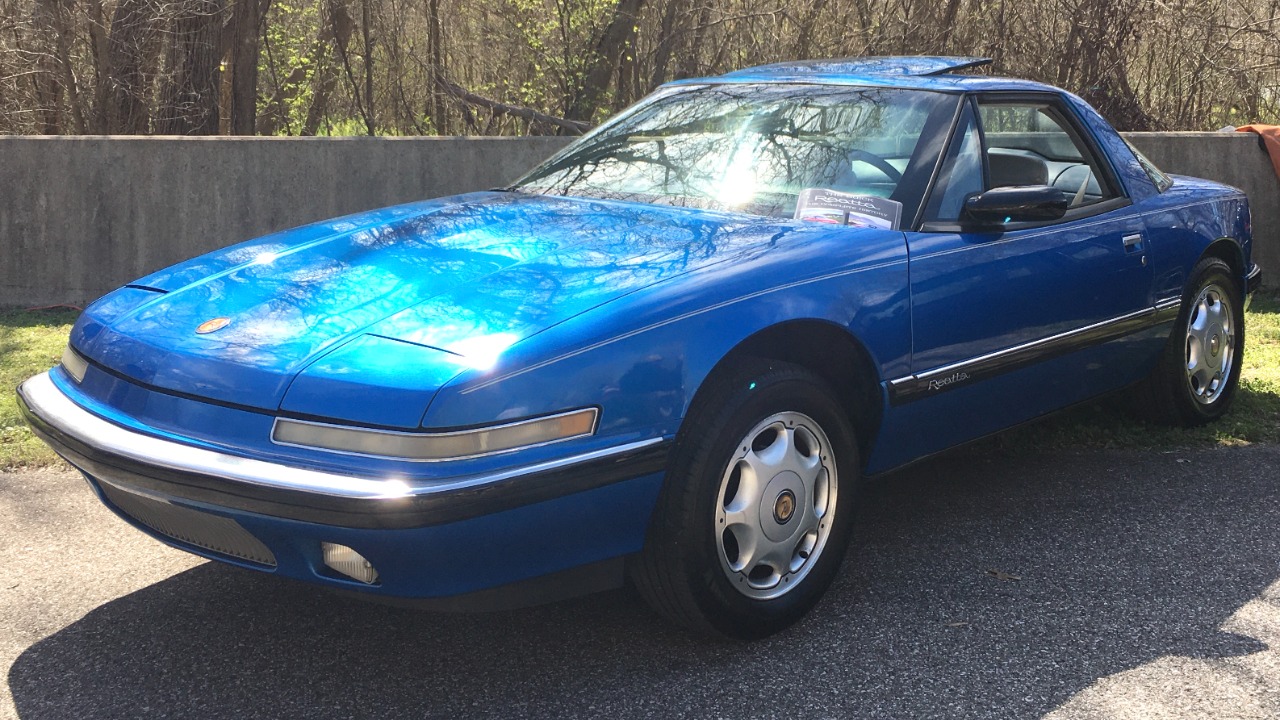Warranties play a crucial role in the financial planning and cost management of long-term automobile ownership. While often perceived as a safety net for new vehicle purchases, the impact of warranties extends far beyond initial acquisition, influencing everything from maintenance costs to resale value. Understanding how warranties contribute to the overall financial strategy of vehicle ownership over time is essential for making informed decisions.
Understanding Automobile Warranties

Automobile warranties are essentially promises made by the manufacturer or a third-party provider to cover certain repairs and services for a specific period or mileage. There are several types of warranties, including bumper-to-bumper, powertrain, and extended warranties. A bumper-to-bumper warranty typically covers most vehicle components, excluding those subject to wear and tear, such as tires and brakes. In contrast, a powertrain warranty focuses on the engine, transmission, and other parts that make the vehicle move. Extended warranties, often purchased separately, provide coverage beyond the original manufacturer’s warranty terms.
When considering warranties, it’s crucial to weigh the differences between manufacturer warranties and those offered by third-party providers. Manufacturer warranties, such as those from Ford or Toyota, are often bundled with the vehicle purchase and offer seamless service at authorized dealerships. Third-party warranties, like those from companies such as CarShield or Endurance, might provide more flexible coverage options but could involve dealing with a separate claims process. Each option has its pros and cons, impacting long-term costs differently depending on factors like coverage terms, service convenience, and pricing.
Cost Benefits of Warranties

One of the most significant advantages of having a warranty is the reduction of unexpected repair costs. If a vehicle component covered by the warranty fails, the repair costs are significantly reduced or even eliminated, saving the owner from financial surprises. This coverage can be particularly beneficial for costly repairs, like engine or transmission replacements, which can run into thousands of dollars. The peace of mind that comes from knowing that potential major expenses are covered is a substantial benefit, especially for owners of vehicles known for high repair costs, like certain luxury models.
Extended warranties, while an additional expense upfront, can result in long-term savings. For instance, opting for an extended warranty on a vehicle like the Honda Accord can be a smart move if the car is expected to be driven for many years beyond the manufacturer’s warranty. It’s important to analyze the cost-benefit ratio, considering factors like the vehicle’s reliability, expected maintenance costs, and how long the owner plans to keep the vehicle. Additionally, having a warranty can often influence car insurance rates, as insurers might offer discounts knowing that some vehicle repair costs are already covered.
Resale Value and Warranties

Warranties can play a pivotal role in enhancing a vehicle’s resale value. Transferable warranties, which can be passed on to a new owner, make a car more attractive to potential buyers. For example, a used car with a remaining bumper-to-bumper warranty from Hyundai, which offers some of the longest warranty terms in the industry, can be seen as a more secure investment. This not only boosts the car’s resale value but also broadens its market appeal.
Buyer confidence is significantly influenced by the warranty status of a vehicle. A well-maintained car with a valid, transferable warranty can reassure potential buyers about the vehicle’s condition and the seller’s commitment to upkeep. Market trends show that consumers are increasingly aware of warranty offerings, making it a critical factor in the resale strategy. As manufacturers evolve their warranty terms to stay competitive, understanding these trends can help car owners make informed decisions about selling their vehicles.
Warranties and Vehicle Longevity

Warranties encourage regular maintenance by often requiring adherence to specific maintenance schedules to keep the coverage valid. This requirement ensures that vehicles receive necessary upkeep, which is crucial for their longevity. For instance, manufacturers like Subaru might stipulate regular oil changes and inspections within their warranty terms, promoting the vehicle’s health and efficiency over time.
The role of warranties in replacing essential vehicle components cannot be overstated. If a covered part fails, the warranty ensures its repair or replacement, which can significantly extend the vehicle’s life. This commitment is especially evident in manufacturer warranties, which reflect the manufacturer’s confidence in their product’s durability. For example, brands like Kia are known for their long warranty periods, underscoring their commitment to quality and reliability.
Evaluating Warranty Options

When evaluating warranty options, it’s essential to assess personal driving habits and needs. For instance, a driver who commutes long distances daily might benefit from a comprehensive warranty with high mileage limits, whereas someone who drives infrequently might prioritize coverage duration over mileage. Tailoring warranty choices to fit individual usage patterns can help optimize the benefits received from the warranty.
Comparing warranty providers is another crucial step in this evaluation process. Factors to consider include the reputation of the provider, the scope of coverage, and the convenience of service locations. Manufacturer warranties typically offer the advantage of service at authorized dealerships, while third-party warranties might provide broader service network options but require careful scrutiny of terms. Finally, integrating warranty costs into the broader financial strategy for car ownership ensures that these expenses are planned and managed effectively, contributing to a more comprehensive approach to vehicle ownership.
Like Fast Lane Only’s content? Be sure to follow us.
Here’s more from us:
*Created with AI assistance and editor review.







Leave a Reply